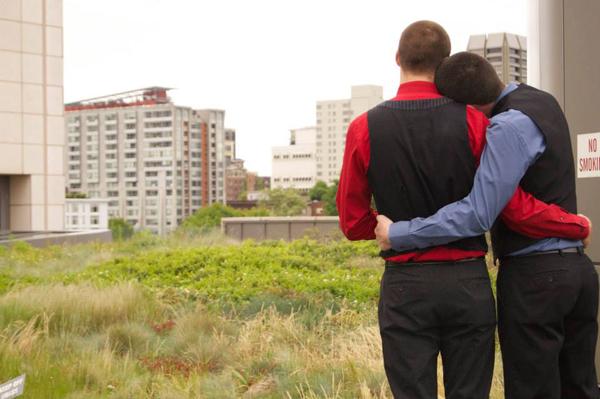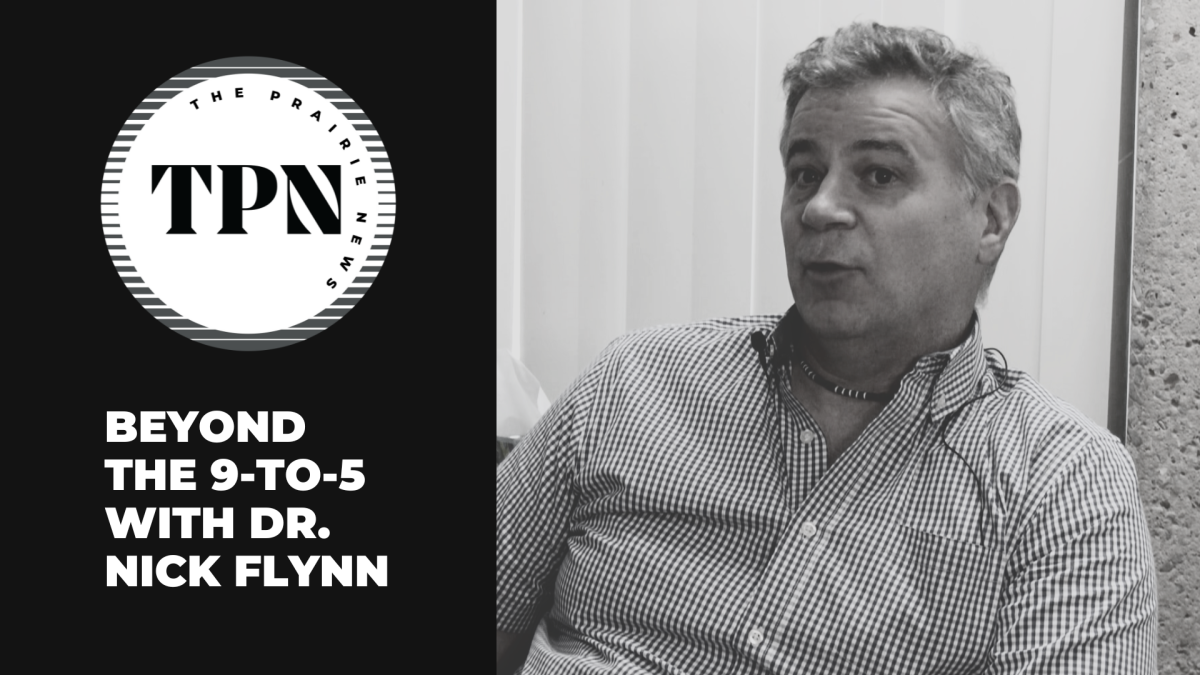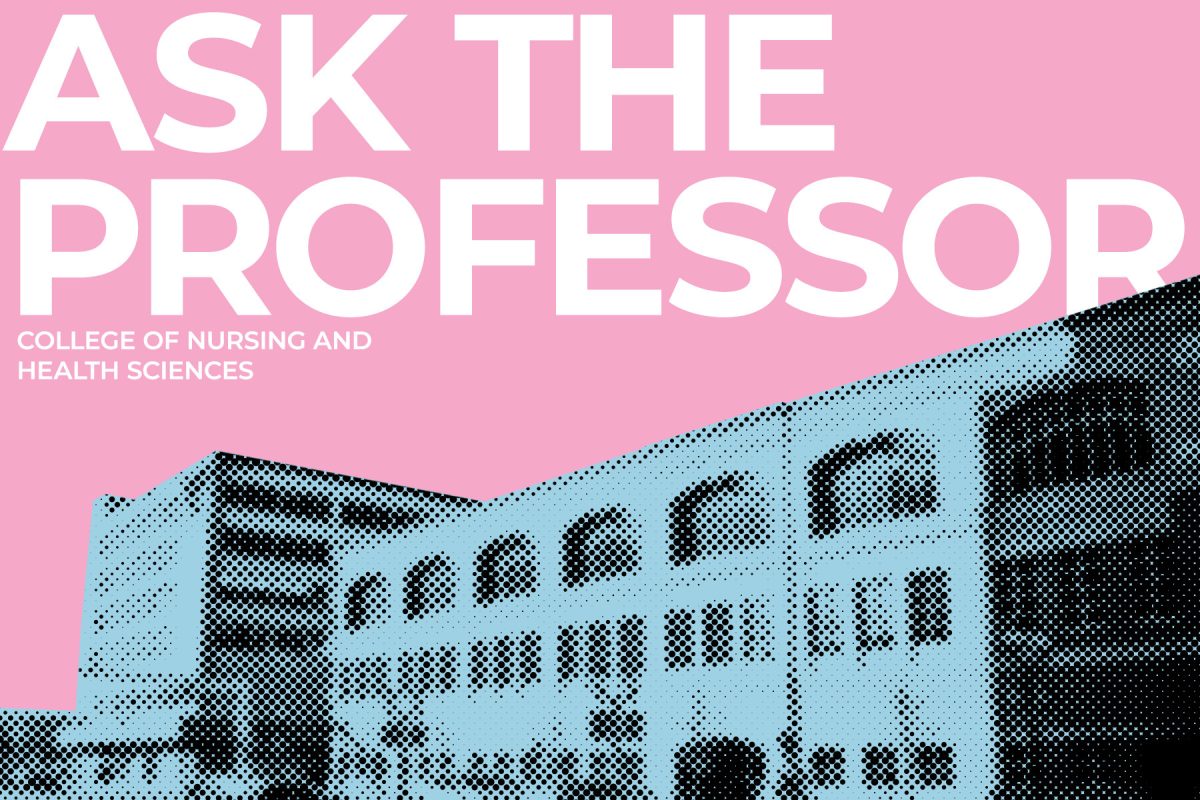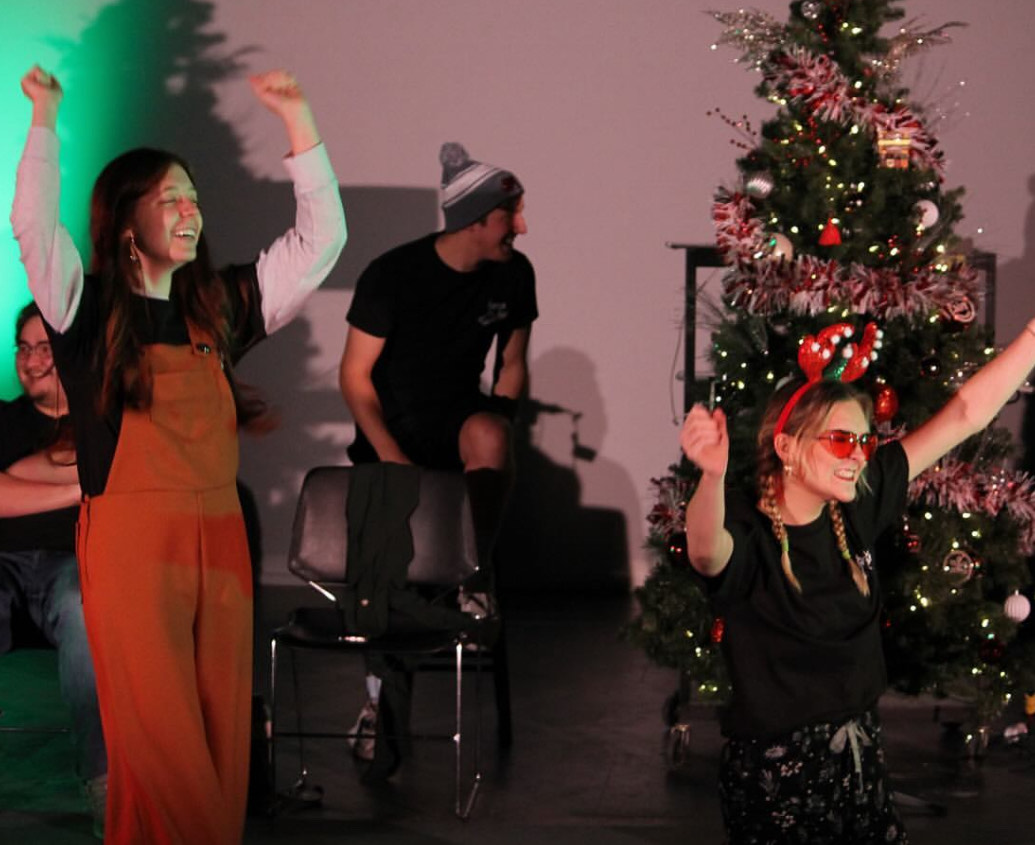
At 20 years old, Josh Clift-Jinkens has grasped the American dream. He works full time. He goes to school full time at West Texas A&M University, and is also a married homeowner. The American dream, however, is complicated for those who defy social norms.
In settling down after his marriage and honeymoon trip to Seattle, Clift-Jinkens was not prepared for the journey that laid ahead and that would soon wear away his newlywed bliss.
All he wanted to do was change his last name.
Most responded with a simple “your marriage isn’t recognized here” to his increasingly difficult legal situation. He leaped through every loop government officials threw at him. His journey first began at the Social Security Administration Office where he had no hassle and was optimistic on his venture to share a name with his husband. But this isn’t the only document that must reflect a name change. He then continued on to the Department of Public Safety and was quickly turned away after presenting his new social security card as name verification.
“In my mind all I could think was how can you not accept my social security card?” Clift-Jinkens asked. “This is a legal government document that every state issues.”
He learned that a passport could be used, and jointly with his husband, paid $300 to update their passport information. With new passports in hand, the couple headed up to the DPS office once again. They were denied once again.
The employee who was working with Josh Clift-Jinkens to change his last name was pulled away from the counter by the woman employee who was helping his husband, Kenny Clift-Jinkens.
“She asked him for a marriage license for the name change,” Josh Clift-Jinkens said. “After he informed her that the great state of Texas wouldn’t recognize it, she pulled the employee working with me to the back. He eventually came back and said he had to wait on a ruling to continue.”
The couple was escorted from the counter by a police officer who told them that they didn’t have the right documentation to change their name. In his frustration, he asked the officer how other married couples changed their names and got a snarky “they bring in their marriage certificate” in response.
“How is a state allowed to deny what the federal government has already approved?” Josh Clift-Jinkens asked. “Most importantly, why am I allowed to be treated so poorly, forced to be put in a bad legal situation, and forced to pay multiple fines in order to be treated equally?”
Their name battle didn’t stop here. The police officer informed them that the only other option they had was to go to court and have a judge force them to do the name change. Livid, the couple went to the District Court Office and was kindly informed that it would cost at least $260 just to present the case, which both of them would have to pay, and that there was always a possibility that the judge could rule no. They sought out an attorney.
“I am not a second class citizen and I don’t appreciate being treated like one,” Josh Clift-Jinkens said. “Why is my name change subject to hundreds of dollars and judge approval?”
Through all of their struggles, the Clift-Jinkens’ were able to share a name finally. Kenny Clift-Jinkens successfully changed his name through the court system while Josh Clift-Jinkens was able to change his name without the courts because he wasn’t a resident of Texas and the DPS office accepted his documentation with the joint last name.
Out of this ordeal, the idea of support organizations arises. As a student of WTAMU, Josh Clift-Jinkens can see the value of campus organizations as a support system.
“All campuses should have some sort of LGBT alliance organization,” Josh Clift-Jinkens said. “It raises awareness, helps educate and can offer a safe place for students who need someone to confide in. These clubs don’t pressure their beliefs but are available as a resource.”
Buff Allies and Spectrum are campus organizations that provide support for the LGBT community on campus. They seek to foster diversity and promote equality across campus as well as educate and correct misinformation.
“I think they are important organizations, because I think they show visibility for students who are looking for a place to go that is accepting of their personal identities,” Dr. Kristina Drumheller, faculty advisor for Spectrum and Buff Allies member, said. “For Buff Allies it’s important that they are able to see that there are faculty and staff that are here for them and provide them with support and guidance as they need it.”
Buff Allies is the faculty organization on campus that provides students a safe haven and place of confidence with each faculty member involved. Students can identify members of Buff Allies by a sticker placed on the outside of their office doors.
All faculty members in Buff Allies provide confidentiality to students, as does the student organization, Spectrum.
“Anyone is welcome to come [to meetings] and they are not entitled to disclose whether they are gay, whether they are straight, they can just come to come,” Korey Schroder, president of Spectrum, said. “They can come just to socialize.”
“I hope students gain the knowledge that there is actually a lot of support on this campus and that there is a place for everyone no matter who you are, or what your identity is or how you self identify. There is a place on this campus that you will be accepted and you will be supported,” Drumheller said.
Spectrum caters more to the student body and is the organization in which students can get involved. They are active on Facebook, where they share meetings and social gatherings.
“I think it’s a good group to have on campus for individuals,” Schroder said. “I wish I would have known about this organization when I was first coming to college so that I could feel like I had a place to belong.”
Schroder hopes that students involved in the organization “will learn about a lot of the political and social issues, and and issues going on in the panhandle.”
After experiencing discrimination via the law, Josh Clift-Jinkens said an LGBT club could have served as a valuable resource.
“It’s not possible for one club to change the minds of individuals who have been brought up in families that taught some love is wrong, have been preached to that some love is sin and have been governed by politicians that some love is unequal,” Josh Clift-Jinkens said. “The change can be inspired by clubs on campus, and ultimately, the change must come from an individual choosing to not discriminate, but instead accept the way others were made.”








